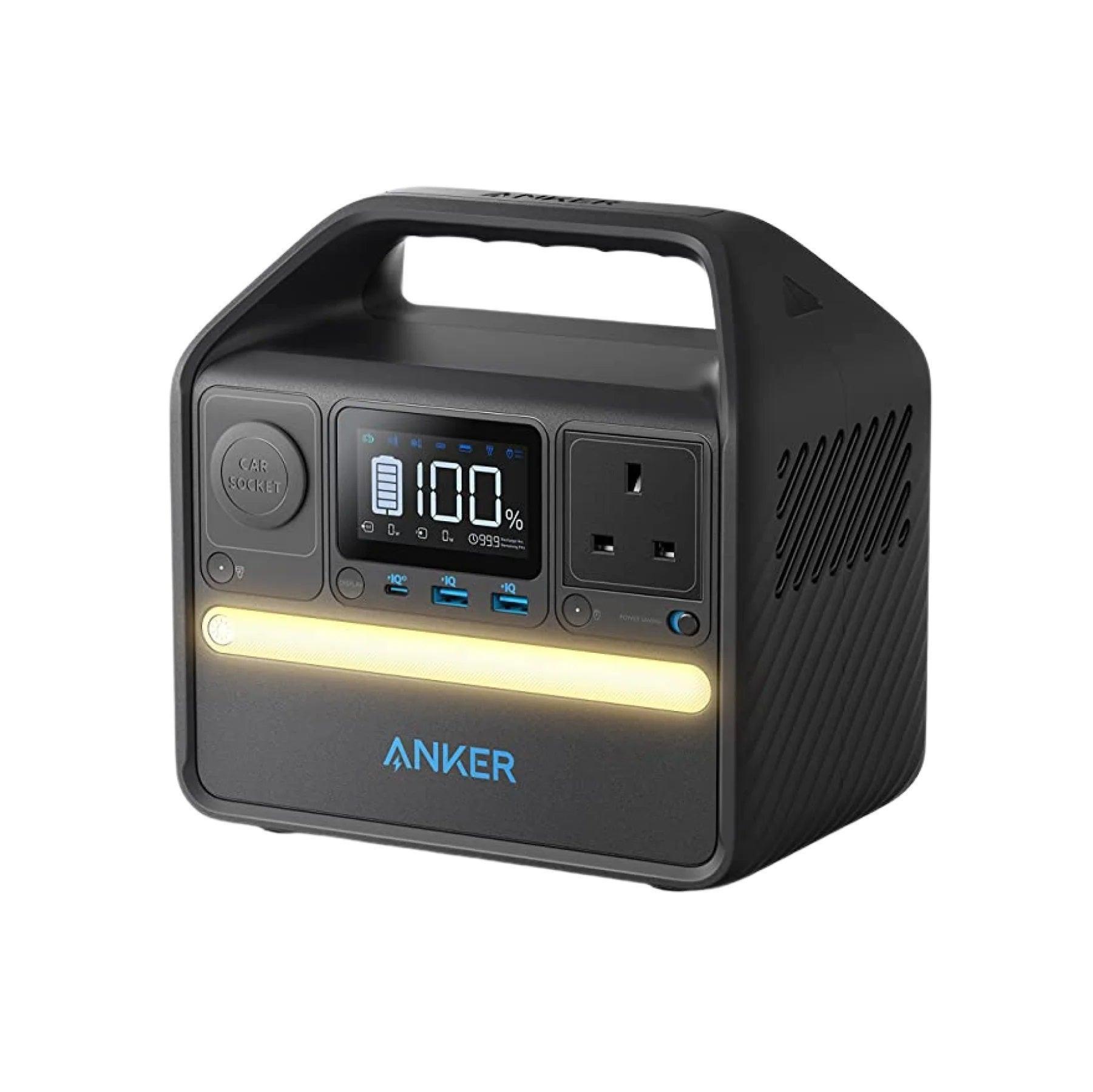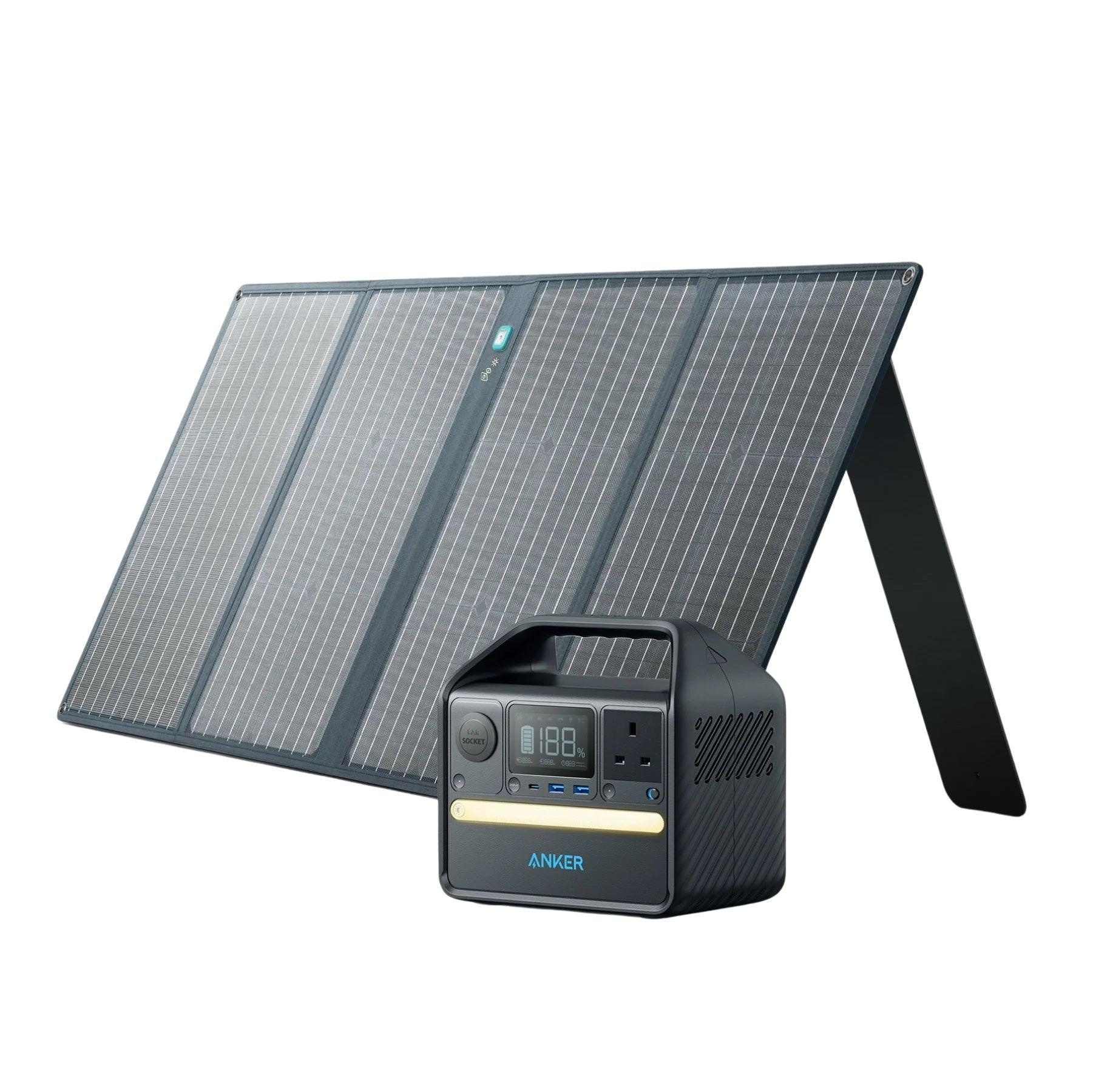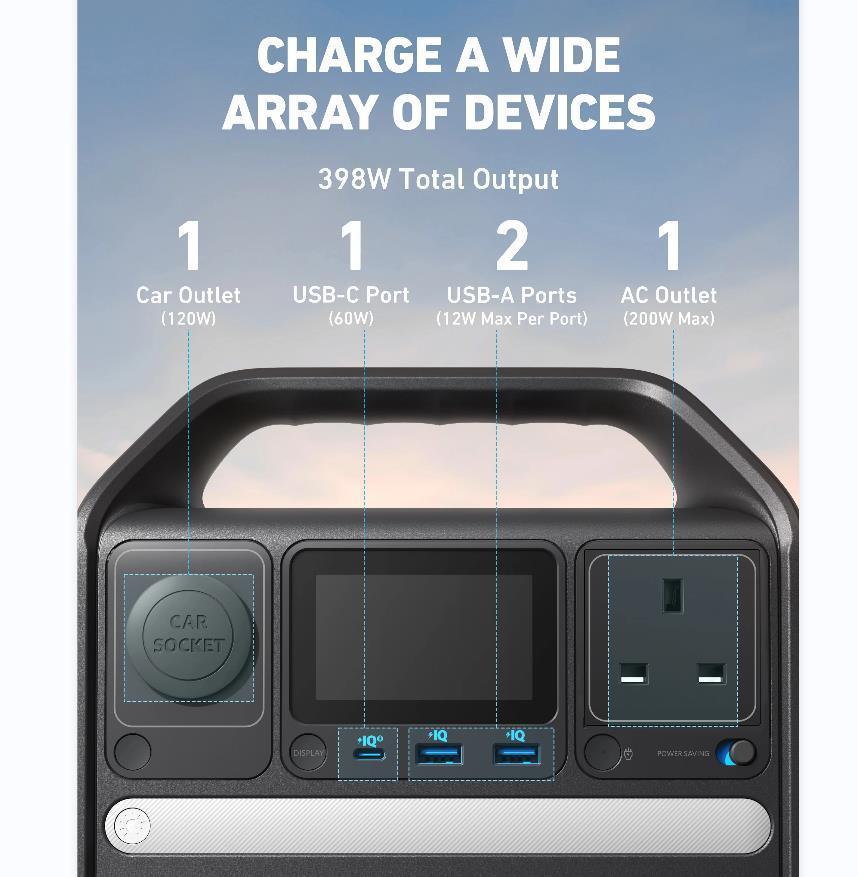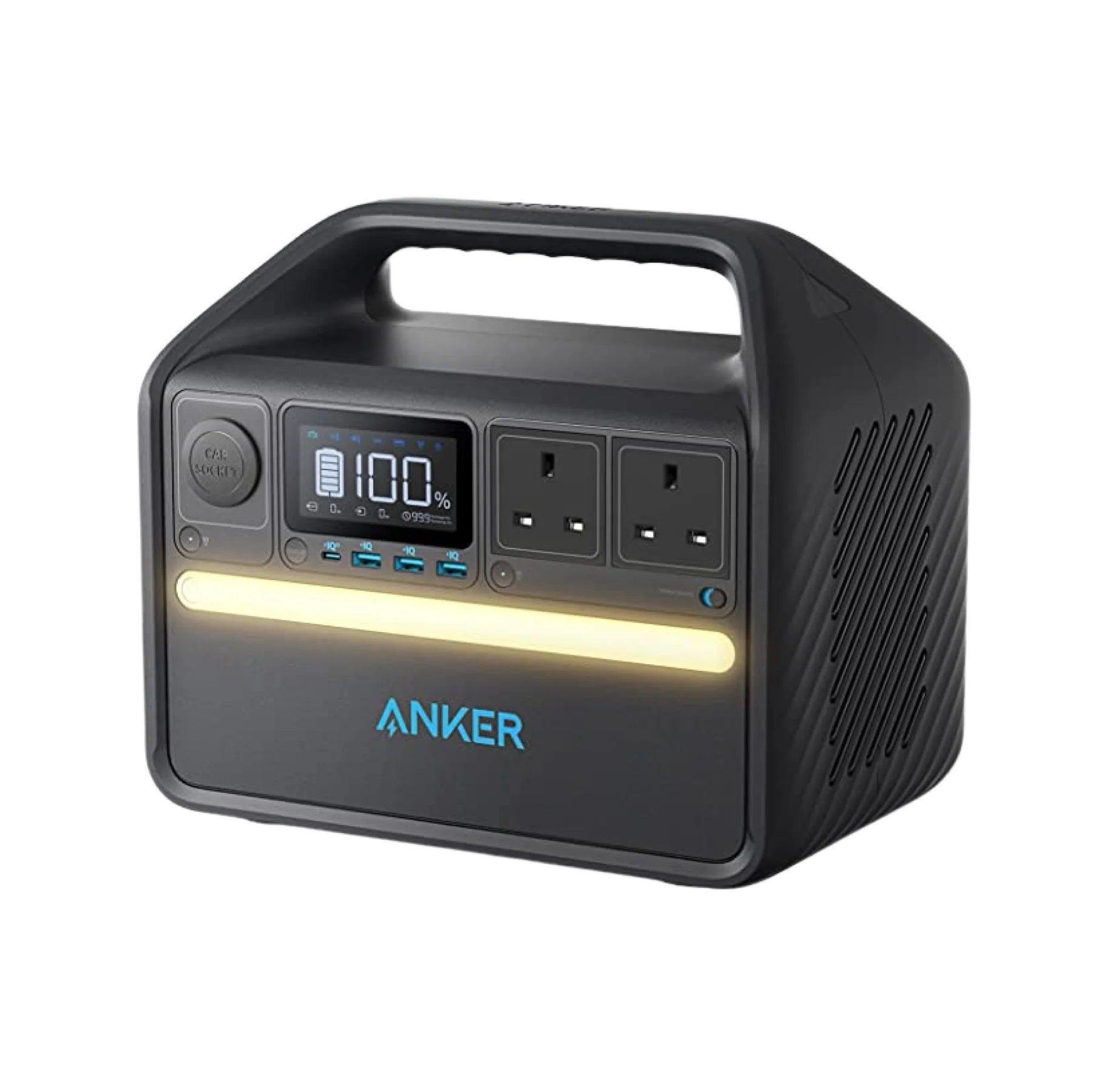Tropical storms are most commonly experienced in the coastal regions of the United States, particularly along the Atlantic Ocean and the Gulf of Mexico. The Atlantic hurricane season officially runs from June 1st to November 30th each year. During this period, tropical storms and hurricanes are more likely to form due to favorable atmospheric and oceanic conditions. The states along the Atlantic coast, such as Florida, Georgia, South Carolina, North Carolina, and the northeastern states, are most susceptible to tropical storms. Similarly, the Gulf Coast states, including Texas, Louisiana, Mississippi, Alabama, and Florida's panhandle, are also at risk. It's important for residents in these regions to stay informed and be prepared for potential tropical storm activity during the hurricane season. In this article, we will provide essential tips on how to prepare for a tropical storm.

How to Prepare Before a Tropical Storm

Preparing in advance can make a significant difference when a tropical storm is approaching. Here are some key steps to take:
Create an Emergency Kit
Assemble an emergency kit that includes essential supplies to sustain you and your family for at least three days. Some items to include are:
- Non-perishable food: Stock up on canned goods, energy bars, and other non-perishable food items that do not require refrigeration.
- Drinking water: Store one gallon of water per person per day for drinking and sanitation purposes. It is recommended to have at least a three-day supply.
- Medication: Ensure you have an ample supply of prescription medications, as well as over-the-counter medications for common ailments.
- Flashlight and batteries: Have a reliable flashlight and extra batteries on hand.
- First aid kit: Include bandages, antiseptic ointment, pain relievers, and any necessary personal medications.
- Personal hygiene items: Pack items such as toilet paper, wet wipes, hand sanitizer, and soap.
- Important documents: Gather essential documents like identification cards, passports, insurance policies, medical records, and proof of address. Keep them in a waterproof and portable container.
Consider including a solar generator or a portable power station in your emergency kit, which can provide a reliable power source during extended power outages. It harnesses energy from the sun, converting it into electricity to charge small devices or power essential appliances.
Secure Your Home
Preparing your home for a tropical storm involves several key steps to minimize damage and ensure the safety of your property and family members. Here's what you can do:
- Inspect your home for any weak areas that may need reinforcement, such as loose roof tiles, damaged gutters, or windows in need of repair.
- Trim trees and shrubs near your house to prevent branches from falling onto your property or causing damage during strong winds.
- Secure outdoor furniture, gardening tools, and other loose objects that could become projectiles in high winds.
- Consider installing storm shutters or boarding up windows with plywood to protect against shattered glass.
- Reinforce doors, particularly the garage door, to withstand strong winds.
- Tropical storm usually comes with flood, clear gutters and drains to ensure proper water flow and minimize the risk of flooding.
- If you live in a flood-prone area, elevate valuable items and furniture to higher floors or consider moving them to a safer location.
Plan an Evacuation Route
It is essential to have a well-thought-out evacuation plan in place to ensure a safe and efficient evacuation if necessary. Here's what you need to consider:
- Familiarize yourself with evacuation routes in your area. Identify primary and secondary routes and make note of any potential road closures or restrictions during an evacuation.
- Determine where you will go if you need to evacuate. Identify shelters, hotels, or the homes of family and friends outside the storm-affected area.
- Make arrangements for transportation if you do not have a personal vehicle or if it is not in a reliable condition. Contact local authorities or public transportation services to inquire about evacuation options.
- If you have pets, ensure you have a plan in place for their evacuation as well. Identify pet-friendly shelters, hotels, or boarding facilities in advance.
What We Should Do When a Tropical Storm Occurs

When a tropical storm is imminent or already occurring, it's important to take immediate actions to ensure safety. Here's what you should do:
Stay Informed
- Stay tuned to local news, radio, or weather alerts for the latest updates on the storm's progress and any emergency instructions. Reliable sources include the National Weather Service (NWS) and local emergency management agencies.
- Follow the advice and warnings issued by local authorities, including evacuation orders or instructions to shelter in place.
- Have a battery-powered or hand-cranked radio available to receive information in case of power outages.
Secure Your Property
As the storm approaches, take the following steps to secure your property and reduce the risk of damage:
- Close and secure all windows and doors. If you have storm shutters, deploy them according to the manufacturer's instructions.
- Move to a safe area of your home, preferably a small interior room on the lowest level, away from windows. This area should be structurally sound and free from hazards.
- If you live in a mobile home, manufactured home, trailer, or RV, evacuate to a designated shelter or a sturdy building that can provide better protection against high winds.
Avoid Flooded Areas
Tropical storms often bring heavy rainfall, leading to flooding. To stay safe:
- Pay attention to local flood warnings and advisories. If you live in a flood-prone area or near bodies of water, consider moving to higher ground.
- Avoid walking, swimming, or driving through flooded areas, as the water can be deceptive and contain hidden dangers such as fast-moving currents or submerged objects.
- Follow evacuation orders from authorities if flooding is expected in your area.
Final Thoughts
In conclusion, preparing for a tropical storm is crucial for your safety and well-being. By following these detailed and comprehensive tips, you can minimize the impact of a tropical storm and protect yourself, your loved ones, and your property. Stay informed, have a well-thought-out plan in place, and be ready to take action when needed. Remember, early preparation can make all the difference during a tropical storm. Stay safe!
[ddshopfaq-59546]
















